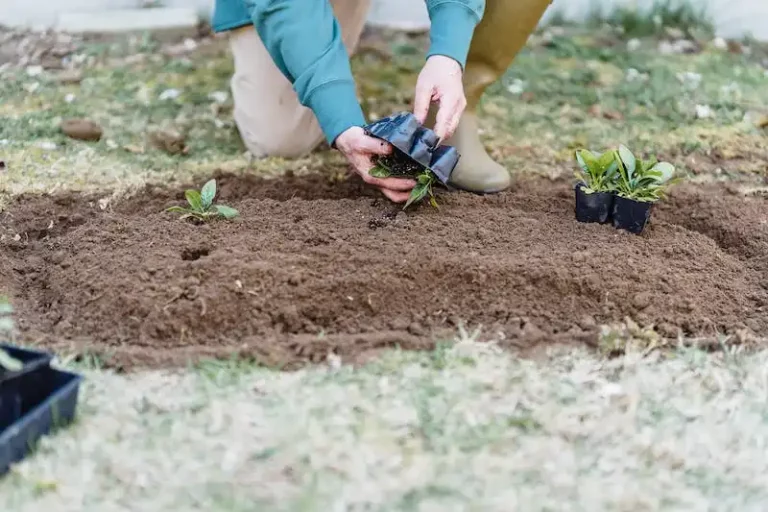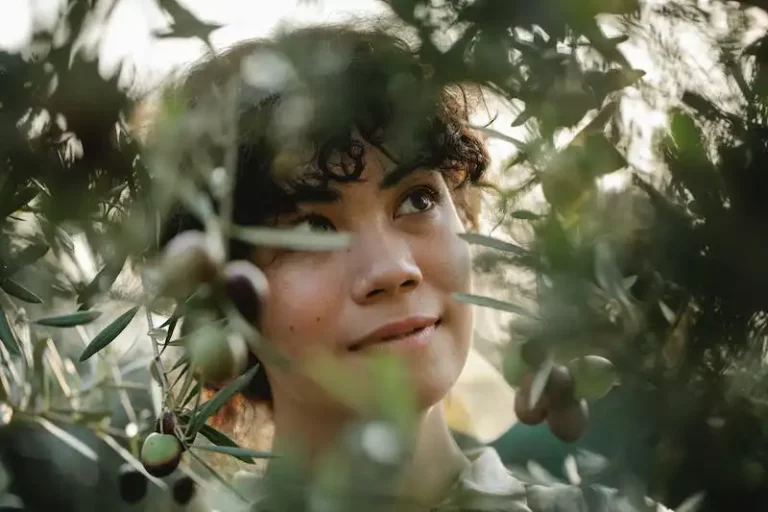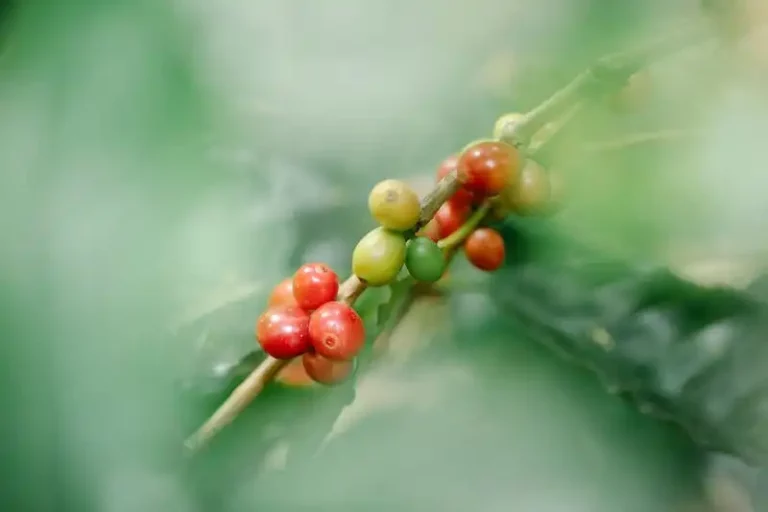There has been a longstanding myth about poinsettias being poisonous, but this is not really the case. Poinsettias, also known as Euphorbia pulcherrima, are plants that are commonly seen during the festive season. Despite having a milky sap, the poinsettia is not toxic to humans.
In fact, clinical studies have shown that the toxicity level of poinsettias is low, and it would take a large amount of the plant to cause any ill effects. The misconception about poinsettias being poisonous stems from a story that circulated many years ago. It was said that a child had died from poisoning after ingesting a poinsettia leaf. However, this story was proven to be false.
Although poinsettias are not poisonous, it is still important to take precautions, especially if you have children or pets in your home. The sap of the poinsettia can cause mild irritation, such as itchiness or redness, if it comes into contact with the skin. Additionally, some people may have an allergic reaction to the plant. It is always a good idea to wash your hands after handling a poinsettia.
In terms of prevention, it is recommended to keep poinsettias out of reach of children and pets. Placing the plants on high shelves or using protective sleeves can help keep them out of reach. If a child or pet does ingest a poinsettia, it is unlikely that they will experience any serious symptoms. However, if you are concerned, it is best to contact poison control centers or seek medical treatment.
In conclusion, poinsettias are not poisonous plants. While some precautions should be taken to prevent exposure and ensure the safety of children and pets, the myth about poinsettias being toxic has been largely debunked. So go ahead and enjoy these beautiful, festive plants without worry!
Poinsettia
Poinsettias are plants that are native to Central America. They were named after Joel Poinsett, the United States Minister to Mexico, who brought the plant to the US in the early 19th century. Poinsettias are part of the Euphorbiaceae family, which includes many other plants with milky sap.
Contrary to popular belief, poinsettias are not highly poisonous. While their sap can cause some irritation, the level of toxicity is relatively low. The myth that poinsettias are extremely poisonous stems from a child’s story in 1919, where a child was said to have died after consuming a poinsettia leaf. However, there is no clinical evidence to support this claim, and the story was likely a fabrication.
Exposure and Prevention
Poinsettias are often seen during the festive season, as they have become a popular symbol of Christmas. If you have children or pets, it is important to take precautions to prevent accidental ingestion or contact with the plant.
To prevent any potential poisoning, it is recommended to keep poinsettias out of reach of children and pets. The sap of the plant can cause skin irritation, so it is advisable to wear gloves when handling poinsettias. If the sap comes into contact with the skin, it should be washed off thoroughly.
Clinical Symptoms and Treatment
If a child or pet ingests a poinsettia, they may experience some mild symptoms such as nausea, vomiting, or diarrhea. In rare cases, allergic reactions can occur, leading to more severe symptoms. If you suspect a child or pet has been poisoned by a poinsettia, it is important to seek medical attention immediately.
The treatment for poinsettia poisoning is mainly supportive, focusing on managing symptoms. Inducing vomiting may be necessary in some cases, but this should only be done under medical supervision. In most cases, poinsettia poisoning is not life-threatening, and individuals usually recover without any long-term effects.
Remember, while poinsettias are not highly toxic, it is important to exercise caution and prevent any potential exposure, especially for young children and pets.
Are poinsettias poisonous
There is a common myth that poinsettias are highly poisonous plants, but this is not entirely true. While poinsettias are indeed toxic, they are not lethal.
The milky white sap of a poinsettia plant contains chemicals called diterpenoids, which can cause irritation and discomfort if it comes into contact with the skin or is ingested. Ingestion can lead to symptoms such as nausea, vomiting, and diarrhea, but these are usually mild and subside on their own without any treatment.
Despite the potential for discomfort, the threshold for poisoning by poinsettias is quite high. It would take a large ingestion of the leaves or sap for a person or pet to become seriously ill. This makes it highly unlikely that a child or pet could be poisoned by a poinsettia just from touching or having brief exposure to the plant.
However, it is always better to err on the side of caution. Prevention is key when it comes to poinsettia toxicity, especially if young children or pets are present in the household. Here are some tips to keep in mind:
- Place poinsettias out of reach of children and pets, either on a high shelf or in a room they cannot access.
- If you have poinsettias in your home, make sure to keep an eye on your children and pets to prevent them from touching or ingesting the leaves or sap.
- If a child or pet does come into contact with a poinsettia, wash the affected area with soap and water as soon as possible.
- If ingestion occurs or if symptoms such as vomiting or diarrhea persist, it is advisable to seek medical advice or contact a poison control center.
In conclusion, while poinsettias are toxic plants from the Euphorbiaceae family, the risk of serious poisoning is very low. By following some simple prevention measures and being vigilant, the festive and beautiful poinsettias can be enjoyed without any worry of harm.
(Source: Poison Control Center)
The Full Story
Are poinsettias really poisonous? This is a common myth that has been circulating for years. The truth is that poinsettias are not highly toxic to humans or pets. They belong to the Euphorbiaceae family, which includes many common plants. However, it’s important to note that ingesting poinsettia leaves or sap could be harmful, especially to young children or pets.
So how did this myth come about? It all started back in 1919 when an American physician reported that a child had died after ingesting a poinsettia leaf. This story spread like wildfire, leading many to believe that poinsettias were deadly. However, further research has revealed that this incident was likely unrelated to the poinsettia leaf ingestion.
Throughout the years, the American Society for the Prevention of Cruelty to Animals (ASPCA), the US Consumer Product Safety Commission, and other sources have all confirmed that poinsettias are not highly poisonous. In fact, according to the Poison Control Centers, it would take a large amount of poinsettia ingestion to reach a toxic threshold.
The milky sap found in poinsettias can cause mild irritation in some individuals. Skin exposure to the sap may result in itchiness or a rash, but these symptoms are generally not serious and can easily be treated. If ingested, poinsettias may cause stomach upset or vomiting, but serious poisoning is rare.
So, what should you do if a child or pet ingests a poinsettia? In most cases, there is no need to panic. It’s always a good idea to consult a healthcare professional or poison control center for guidance, especially if symptoms persist or worsen. However, it’s important to remember that the risk of a serious poinsettia poisoning is extremely low.
Prevention is always better than treatment. If you have young children or pets in your home, it’s a good idea to keep poinsettias out of their reach. Place them in locations where they cannot be easily accessed, such as high shelves or in rooms that are off-limits to your pets. You can also consider using protective sleeves or covering the lower leaves to further reduce the risk of exposure.
In conclusion, the myth that poinsettias are poisonous is just that – a myth. While it’s true that ingesting large amounts of poinsettia leaves or sap could potentially cause mild illness, the chances of a serious poisoning are extremely low. So go ahead and enjoy the festive beauty of poinsettias without worrying about their toxicity.
Poisoned
One of the most common myths surrounding poinsettias is that they are highly poisonous. However, this is not entirely true. While poinsettias are technically toxic, they are not deadly. The milky sap found in the leaves of the poinsettia plant is considered mildly toxic, and can cause symptoms such as itchiness or irritation upon contact.
The source of the myth stems from a 1919 urban legend in which a child was said to have died after consuming a poinsettia leaf. This story spread like wildfire and led to a widespread belief that poinsettias were deadly. However, this is not supported by any clinical evidence.
Exposure to poinsettia sap may cause some discomfort or mild poisoning symptoms, but it would be incredibly rare to see a child become seriously ill or die from consuming poinsettias. In fact, the threshold for poinsettia poisoning is quite high, and a person would need to eat a large amount of leaves to experience severe toxicity.
If you suspect that your child may have been exposed to poinsettia sap, it is advised to seek medical treatment. The American Association of Poison Control Centers suggests calling the Poison Control helpline and providing as much information as possible about the exposure. Healthcare professionals can then provide guidance on what steps to take next.
Prevention is key when it comes to poinsettia poisoning. Keep poinsettia plants out of reach of children and pets, and consider using sleeves or covers to prevent direct contact with the leaves. If you have young children or pets, it may be best to avoid having poinsettias in your home altogether.
| Poison Control Helpline | |
|---|---|
| Poison Control Helpline: | 1-800-222-1222 |
| Poison Index: | www.poisonindex.org |




